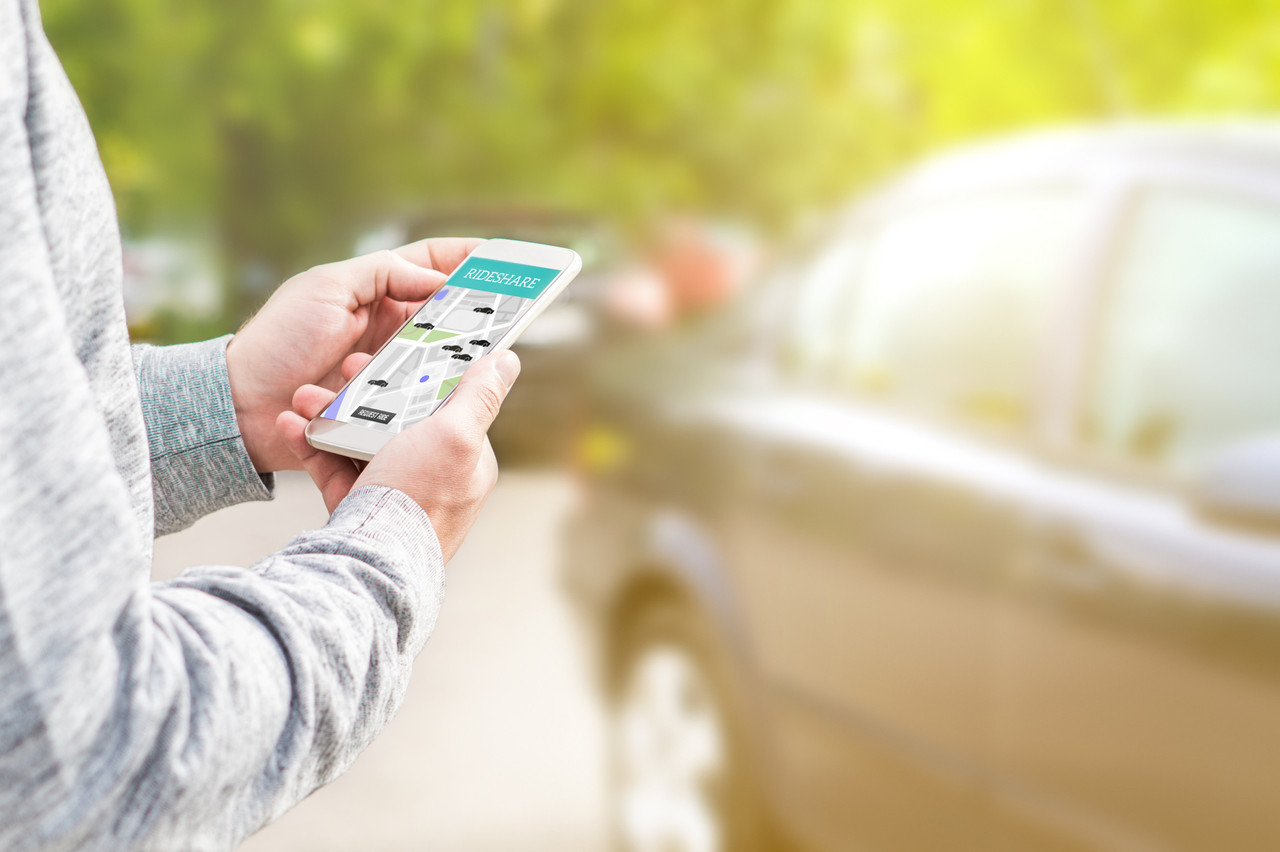The practice involves providing a set number of cars in specific stations, allowing those with a subscription to book the car when needed. After signing up and paying their subscriptions, users can book their car online or through an app and use the vehicle at any time of the day. This type of service already exists abroad and in Luxembourg. Carloh for instance has 20 stations in the capital, whereas Flex, an initiative by the national railway company, has 50 stations in the entire country.
For the transport minister, carsharing is an opportunity to lighten the heavy traffic found in the grand duchy. During the press conference, Bausch (Green party) stated: “This is a tool that can simultaneously alleviate household spending on mobility, contribute to the creation of more affordable housing and free up public space for uses that serve the quality of life in neighbourhoods."
Luxembourg has a reoccurring issue with traffic jams--an issue likely to worsen with the end of teleworking--and a high car ownership per capita rate, which the government hopes to rectify through urban planning and alternative transportation methods.
The ministry cites three positive impacts of carsharing. First, shared cars--not to be confused with carpooling--can replace up to 12 individual vehicles, and save equally as many parking spots. Secondly, an official statement says, households and businesses that don’t rely too much on their cars could save a lot of their budget by not spending it on car maintenance, fuel or insurance. Lastly, if a commune green-lighted a construction project that was equipped with a carsharing station (and less parking spaces), this could have a positive impact on housing prices in that building.
However, as the carsharing report commissioned by the government states, the condition for this to work is that a personal car “can be replaced where people are not dependent on a car for their everyday journeys (work, education, utilities), but do not need a car on a daily basis.” It adds that “it is helpful if there is a good overall infrastructure nearby, such as shops, schools, kindergartens, etc., as well as a variety of transport options (including walking and cycling).”
By promoting carsharing, the government continues its plan for a greener, more optimised mobility--through free public transports and the addition of new tramway stops over the coming years, among other measures. Bausch is set to present the government’s new national mobility strategy at the end of April.
